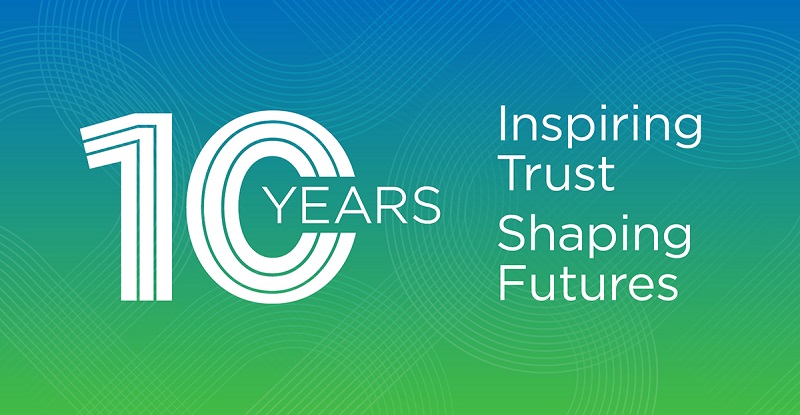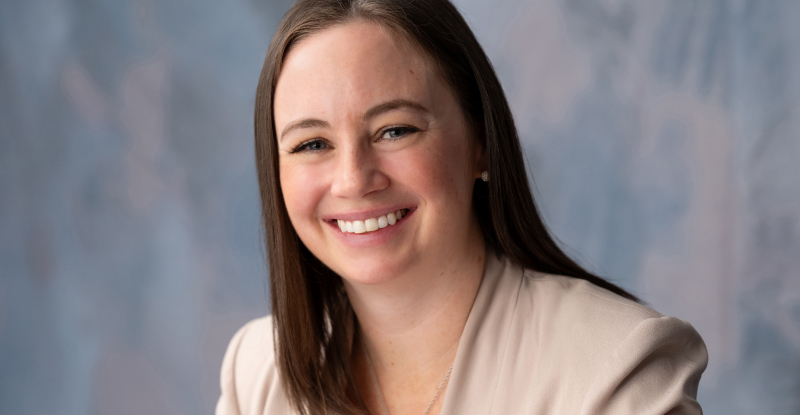
In September 2019, CPABC’s executive approved the creation of the Mental Wellness Steering Committee and gave it a twofold mandate: 1) to research how mental wellness and mental health issues were being addressed in other professions and in general society; and 2) to recommend what more, if anything, CPABC could do to support members and better protect the public.
The committee’s definition of “mental wellness” is consistent with that of the World Health Organization, which defines mental health as “a state of well-being in which an individual realizes his or her own abilities, can cope with the normal stresses of life, can work productively and is able to make a contribution to his or her community.”1
After initial research conducted in 2019 and early 2020 confirmed the topicality and importance of mental wellness, the committee determined that a survey of the CPA membership and candidates2 would provide an important baseline for the state of mental wellness in the profession and help identify if current support services were sufficient.
The onset of COVID-19 complicated matters. The original intent of the initiative was to take a longer-term view of mental wellness, and there was some concern that the stress caused by the pandemic would skew the results. After some deliberation, the committee decided to launch the Mental Wellness survey in September 2021, recognizing that the results would represent the views of respondents at a specific moment in time.
The results were then compared with those of the Mental Health Index (MHI) survey, which is conducted monthly by LifeWorks, the provider of CPABC’s member assistance program for members, candidates, students, and their immediate family members. The MHI is a national survey from which we were also able to draw provincial data.3 What follows are some key takeaways:
Overall psychological health
According to LifeWorks, the MHI score for Canadians has been lower than historical averages since the onset of COVID-19, indicating an overall—and unsurprising—decline in mental wellness across the country during the pandemic.
Looking at mental wellness scores, 65% of CPABC respondents indicated that they were in good psychological health compared to 69% of British Columbians as a whole. CPA members who were further along in their careers appeared better able to manage their mental wellness than other CPABC survey respondents, scoring comparatively well in almost all survey categories.
Awareness up, but stigma persists
While there is greater awareness of mental wellness and mental health issues, the survey also found ongoing stigmatization, as three in 10 CPABC survey respondents said they would find it difficult to acknowledge or accept a mental health issue, and four in 10 said they would choose not to disclose a mental health issue out of concern for their career. These responses were on par with those of the MHI survey, indicating that there’s still a pervasive stigma associated with mental illness in Canada.
There are signs of a shift, however, as younger respondents to CPABC’s survey—particularly candidates—attached slightly less stigma to mental health issues and indicated that they would be more accepting and willing to talk about these issues. At the same time, however, they believed that it would have a negative impact on their career progression if they admitted to being affected by mental illness.
Productivity and burnout
On the subject of productivity, half of CPABC respondents said they felt physically and/or mentally exhausted after finishing their workday. This was a higher result than in the MHI survey, suggesting that the work being undertaken by CPA members and candidates may be more demanding than that being undertaken by the average person in the workforce.
In addition, when compared to British Columbians and Canadians in general, more CPABC respondents said they found it harder to get motivated to do their work than they did pre-pandemic.
Career changes and shifting priorities
The Mental Wellness survey found that three in 10 CPABC respondents were considering changing their job or career path. The survey also found that the pandemic has been a catalyst for re-prioritization. Respondents reported wanting to focus more on their physical health, on having fun/enjoying life, and on their family than they did before the pandemic. While this was comparable to the results from the MHI survey, there was one significant difference: CPABC respondents were more financially stable than the general populations of BC and Canada.
Substance abuse
Substance abuse appears to be less of an issue for CPABC respondents than for the Canadian population as a whole, as Mental Wellness survey respondents reported lower rates of alcohol consumption and cannabis use than respondents to the MHI survey.
Plans going forward
The ongoing stress caused by COVID-19 has to be kept in mind when analyzing the CPABC survey results; nevertheless, we believe the results indicate that CPABC’s existing services are sufficient for the time being.
Overall, however, it is clear from the survey results that more work can be done to raise awareness of the CPABC support services available to members and candidates through the LifeWorks Member Assistance Program, and to combat the stigma associated with mental health issues. With these goals in mind, CPABC may consider conducting additional research to determine the full suite of resources available to members and candidates through both CPABC and their employer. This research would also allow us to benchmark the mental wellness of members and candidates and assess the overall impact of the COVID-19 pandemic.
On behalf of the committee, thank you to all who participated in this important survey. Your feedback will help us ensure that we continue to support the mental wellness of our members and candidates.
Author
Jamie Midgley, FCPA, FCA, is the executive vice-president of regulation and registrar for CPABC and the chair of CPABC’s Mental Wellness Steering Committee.
About the respondents
- 62% of respondents were in the Mainland/Southwest region of the province, 23% were in the Vancouver Island/Coast region, and the remaining 15% were in other regions of BC.
- 53% of respondents worked in industry and 30% worked in public practice. The top four sectors in which respondents worked were finance/insurance, manufacturing, retail/wholesale trade, and education.
- The most common role respondents held within their organizations was “Accountant/Senior Accountant/Analyst” followed by “Controller/Comptroller/Chief Accountant.”
- 34% of respondents worked in larger organizations with 250+ employees.
- The vast majority of respondents were employed, with 73% working full time.
The breakdown of survey respondents by number of years in the profession (as of 2021) is as follows:
- CPA candidate: 20%
- 5 years or less: 11%
- 6 to 10 years: 15%
- 11 to 15 years: 13%
- 16 to 20 years: 8%
- More than 20 years: 33%
- Prefer not to say: 1%
Footnotes
1 World Health Organization, “Mental Health: Strengthening Our Response,” March 30, 2018.
2 “Candidates” are students registered in the CPA Professional Education Program.
3 See LifeWorks' monthly Mental Health Index.



